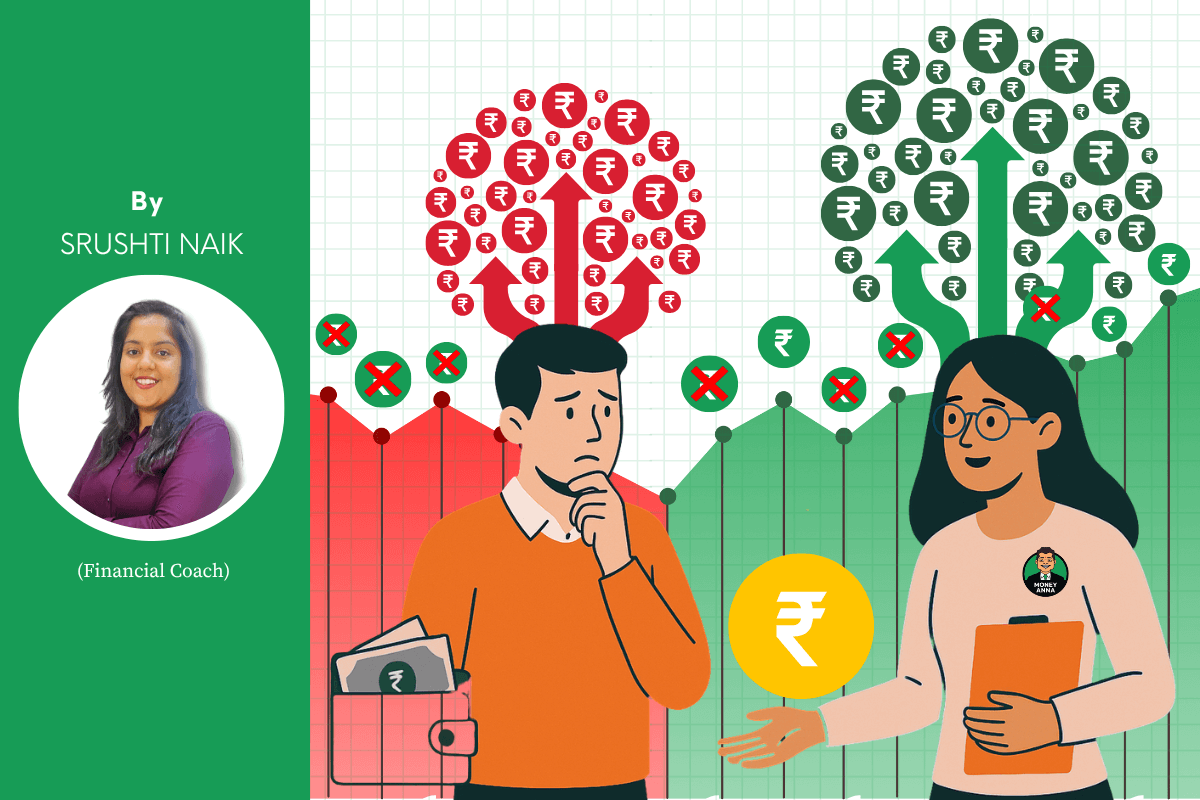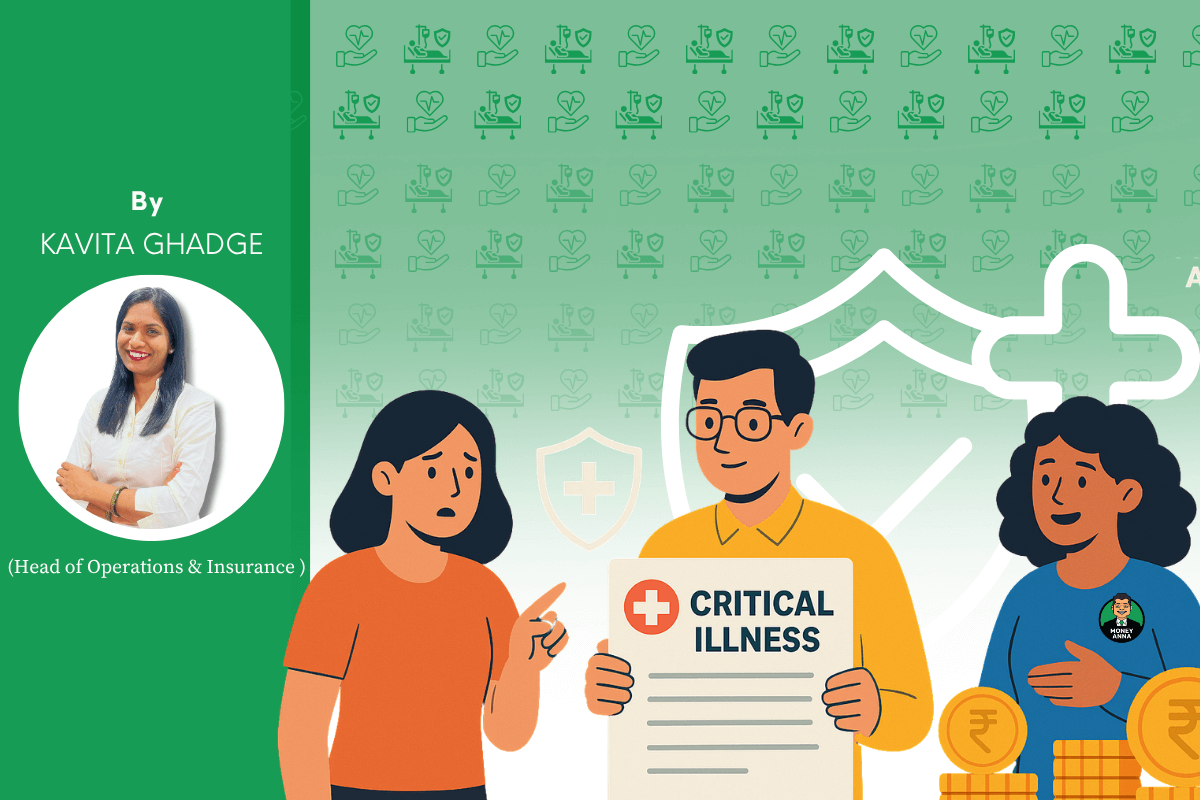Table of Contents
Once again, another cooperative bank has collapsed, leaving thousands of people stranded. The hard-earned money of the thousands of struggling middle-class families is stuck in limbo. I can’t help but feel a deep sense of frustration and sadness as I write this.
The New India Co-operative Bank, a name so many trusted, has shut its doors in the face of its customers. ₹122 crore of people’s life savings are frozen. It’s heartbreaking to see elderly citizens standing outside the bank branches praying for some miracle to bring back their life savings. The fear and pain of losing their financial security can be seen etched on their faces.
What’s in the blog?
This blog explains what went wrong with New India Co-operative Bank and why retail investors should pay attention. It breaks down the warning signs leading to the crisis, how it could affect depositors, and what steps you can take to protect your money.
How Did We Reach Here?
Seeing these elderlies lined up outside the Mulund East branch I asked myself “How did we reach here?” And mind it I’m not talking about the corruption or malpractice leading to this strict action by RBI; I am talking about the plight of those helpless people gathering outside the different branches of the New India Co-operative Bank.
Let’s be honest, this is not the first time we are seeing something like this. We’ve seen it with PMC Bank, Kapole Bank, and countless others before that. Time and again, cooperative banks offer slightly higher interest rates, tempting people with the promise of ‘just a little more’ on their fixed deposits. And time and again, these banks collapse due to mismanagement, corruption, and lack of strict oversight.
I get it. When a bank offers half a percent or one percent more, it seems like a great deal. But is that extra return really worth risking your entire savings? Because when things go south, that extra interest means nothing. What matters is whether your money is still there when you need it.
The Brutal Reality of Deposit Insurance
Many people assume their deposits are safe because RBI regulates these banks. But here’s the catch—regulation doesn’t mean complete protection. Yes, the Deposit Insurance and Credit Guarantee Corporation (DICGC) promises ₹5 lakh insurance per depositor, but that’s only if the government processes it. And we all know how slow that can be. What happens to those who have ₹20-25 lakh parked in these banks? They are left hanging, hoping for a resolution that may never come.
This is Painfully Relatable to Me
Honestly, this isn’t just another banking failure to me; it’s personal. Years ago, my own family suffered when CKB Co-operative Bank shut down. Many of my relatives lost their savings overnight. My grandfather, a man who helped establish cooperative banks and even wrote books on them, was left stunned. We believed in the system, and yet, we still fell for it. The pain of watching people you love lose their financial security is something I wouldn’t wish on anyone.
With 18 years of experience in the finance field, I’ve seen these patterns repeat over and over again. I’ve seen how small investors get lured into cooperative banks, drawn by promises of slightly higher returns, only to face devastating losses. And every time, I’ve asked myself—how many more people need to suffer before we change the way we think about financial security?
It’s High Time We Learn the Correct Lesson on Financial Security
We seriously need to change our mindset and learn the correct meanings of financial safety and financial growth. We need to learn to prioritize safety. If you want to take a risk on your money and make it grow, then put the money in equity and growth assets. But, if you want to put your money in a fixed deposit to keep it safe, you can’t chase the extra 1% growth.
When it comes to savings meant for security, go for institutions that have stricter regulations and better accountability.
Here you might want to say “Gaurav even SBI has bad loans, look at Kingfisher’s NPAs!” But please understand—SBI is a fully RBI-backed institution. It won’t vanish overnight. Cooperative banks, on the other hand, don’t have that level of protection. And when they collapse, it’s the small investor, the common man, who suffers the most.
We Truly Deserve Better…
The New India Co-operative Bank crisis isn’t just about one bank. It’s a pattern, a flaw in the system that keeps repeating itself. And unless we, as retail investors, become more cautious, we will keep falling into the same trap.
So, if there’s one takeaway from this, let it be this: Don’t let the illusion of ‘just a little more’ blind you to the bigger picture. Our money deserves better. Our future deserves better. It’s time we start making financial decisions that truly protect us.
After all, we deserve better!




